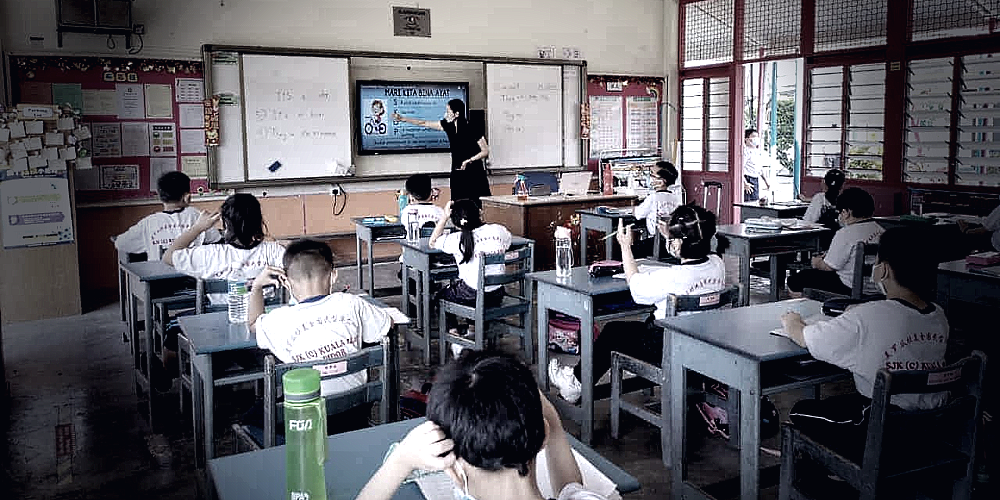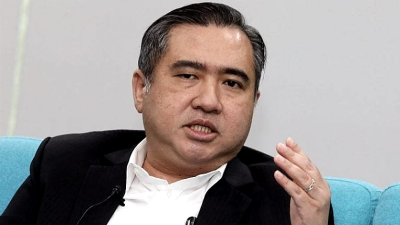
On Monday, we had a wonderful piece of news coming up: The Court of Appeal overturned the appeal by four NGOs challenging the use of Chinese and Tamil as medium of instruction at vernacular schools as unconstitutional.
Justice Azizul Azmi Adnan said the use of Chinese and Tamil as medium of instruction is protected under Article 152(1)(b) of the Federal Constitution.
He said, “According to Articles 152(6) and 160(2) of the Constitution, vernacular schools are not public authorities, and hence the use of Tamil or Chinese in these schools as a medium of instruction would not be prohibited or contrary to the Federal Constitution.”
The court decision was overwhelmingly welcomed by the local Chinese community as it further affirmed the status of Chinese and Tamil primary schools in the country.
Nevertheless, the dust has yet to settle on this issue. Although Chinese educationists hope all parties involved would respect the Court of Appeal’s decision and not to appeal against that decision, lawyer Mohamed Haniff Khatri Abdulla representing the appellants said they would appeal to the Federal Court, meaning the existence of Chinese and Tamil primary schools will continue to come under menace.
Chinese primary schools had been in existence in this country before the Independence, and were later became part of the country’s multi-stream education system.
For decades, these schools have been grooming countless of talented Malaysians who have contributed significantly to nation-building. Unfortunately, up till this very moment there are still people feeling uneasy with their existence, as they attempt to tag them as unconstitutional.
If Chinese primary schools are unconstitutional, how have they been running in this country for so long, such that even non-Chinese parents are increasingly sending their children there for education?
Those who think vernacular schools are unconstitutional have no clue about the actual situation and have been misguided by hearsay and even irresponsible politicians, hence deeper misunderstanding.
Simply put, vernacular education is protected by the country’s Constitution, and the legality of Chinese primary schools is beyond doubt.
Bersatu Youth chief Wan Ahmad Fayhsal recently pointed out that his party was willing to accept the existence of vernacular schools provided that these schools incorporate more Malay and Malaysian history elements in their curriculum.
According to him, some of the vernacular schools have introduced the teaching methods of Mainland China and Taiwan into Malaysia, and this does not augur well for solidarity and the country’s development.
Anyone with the slightest knowledge of Chinese education in Malaysia should tell that this YB, a former deputy minister, was talking bullshit.
A simple fact is that the curriculum adopted in Chinese and Tamil primary schools have come from the education ministry, nothing from China or Taiwan!
It is sad that some Malaysian politicians have attempted to confuse the public by making misleading remarks based on half-truths.
As mentioned earlier, Chinese primary schools are very much a part of the country’s multi-stream education system which have for so many decades produced countless of talented Malaysians.
As such, the Malaysian society should recognise their contributions towards nation-building instead of questioning their constitutionality.
While tabling the state budget last week, Johor Menteri Besar Onn Hafiz Ghazi announced to allocate RM5.585 million for the state’s Chinese community and Chinese education.
It is hoped that more people will look at the country’s Chinese education more objectively, trying to gain a better understanding of Chinese education and not to look at an educational issue from racial perspectives.
Even if there are more than 100,000 non-Chinese students enrolled in Chinese primary schools nationwide, many Malays still have very limited understanding of these schools.
Where this is concerned, perhaps the local Chinese education bodies such as Dong Jiao Zong can try to do something to fill up this gap and convey the right information to non-Chinese communities to avoid misunderstanding.
Vernacular education is protected by the country’s Constitution, and the legality of Chinese primary schools is beyond doubt. Hopefully the trouble-makers will stop fussing about the issue and create unnecessary controversies, so that vernacular schools can get to focus on its responsibility of educating the young and lifting the quality of teaching for the benefit of Malaysian students hailing from diverse ethnic backgrounds.
ADVERTISEMENT
ADVERTISEMENT








































